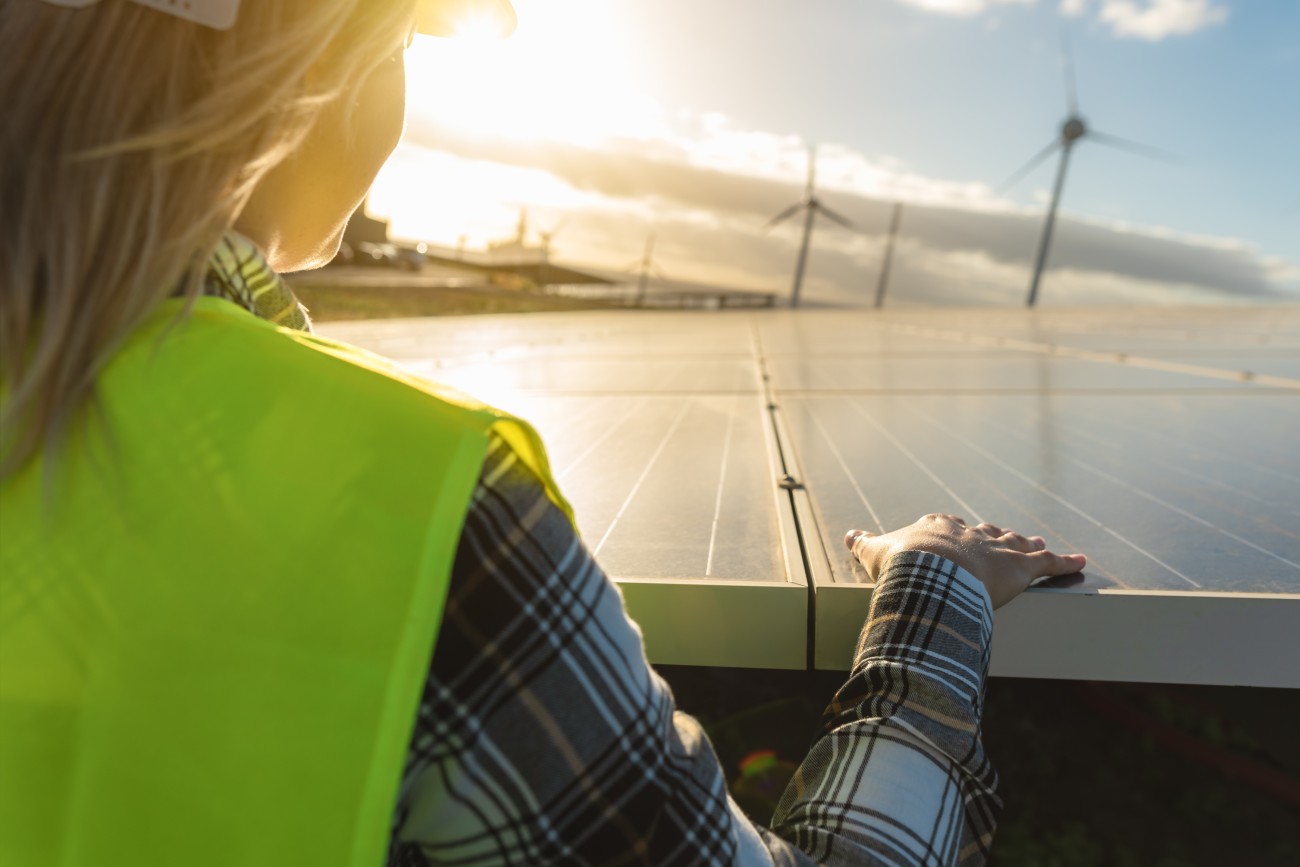
Building Clean Presents at 2019 Congressional Clean Energy Expo
Last week Building Clean was at the 22nd Annual Congressional Renewable Energy and Energy Efficiency Expo and Policy Forum along with 40 other businesses, trade associations, government agencies, and nonprofits. We talked energy efficiency, jobs, and health.
Building Clean Program Associate Caila Prendergast spoke to energy efficiency as the largest and fastest growing job sector in America’s clean energy economy. Clean energy jobs include workers who install energy efficiency products in buildings and homes as well as the workers who are manufacturing these products across the United States.
There are more than 2.3 million Americans working in energy efficiency—in construction, manufacturing, wholesale trade, engineering, sales, and other jobs. In 2018 alone, more than 76,000 new jobs were created in the energy efficiency sector and this growth is not expected to slow down.
“Manufacturing and construction jobs deliver good jobs with sustainable wages and benefits for families,” said Prendergast. “These are the type of jobs we need more of— to regrow and protect a strong middle class.”
“Next year domestic manufacturing jobs in energy efficiency are expected to increase by nearly 6 percent,” she added. “And it could be even higher if we link our energy efficiency spending to the purchase of local—and if unavailable, U.S.-made—goods and equipment.”
But revitalizing American manufacturing is not the only thing that energy efficiency can do for this country.The benefits go beyond reducing energy usage, beyond saving money, beyond helping the environment, and beyond creating jobs.
Studies show that health and the built environment are undeniably connected. Billions in health related costs can be saved through the same work that improves energy efficiency in residential and commercial spaces. The Green and Healthy Homes Initiative reports that nearly 9 million families across the nation live in unhealthy, energy inefficient homes, leading to $82.4 billion in health care costs nationwide.
“Increasing demand for energy efficiency residential retrofits creates a unique opportunity to simultaneously address energy consumption and improve health outcomes,” concluded Prendergast. “Energy efficiency in the built environment can create healthier spaces, reduce energy consumption, and deliver good jobs for Americans. We need to work together to fully realize the potential of the clean energy economy.”